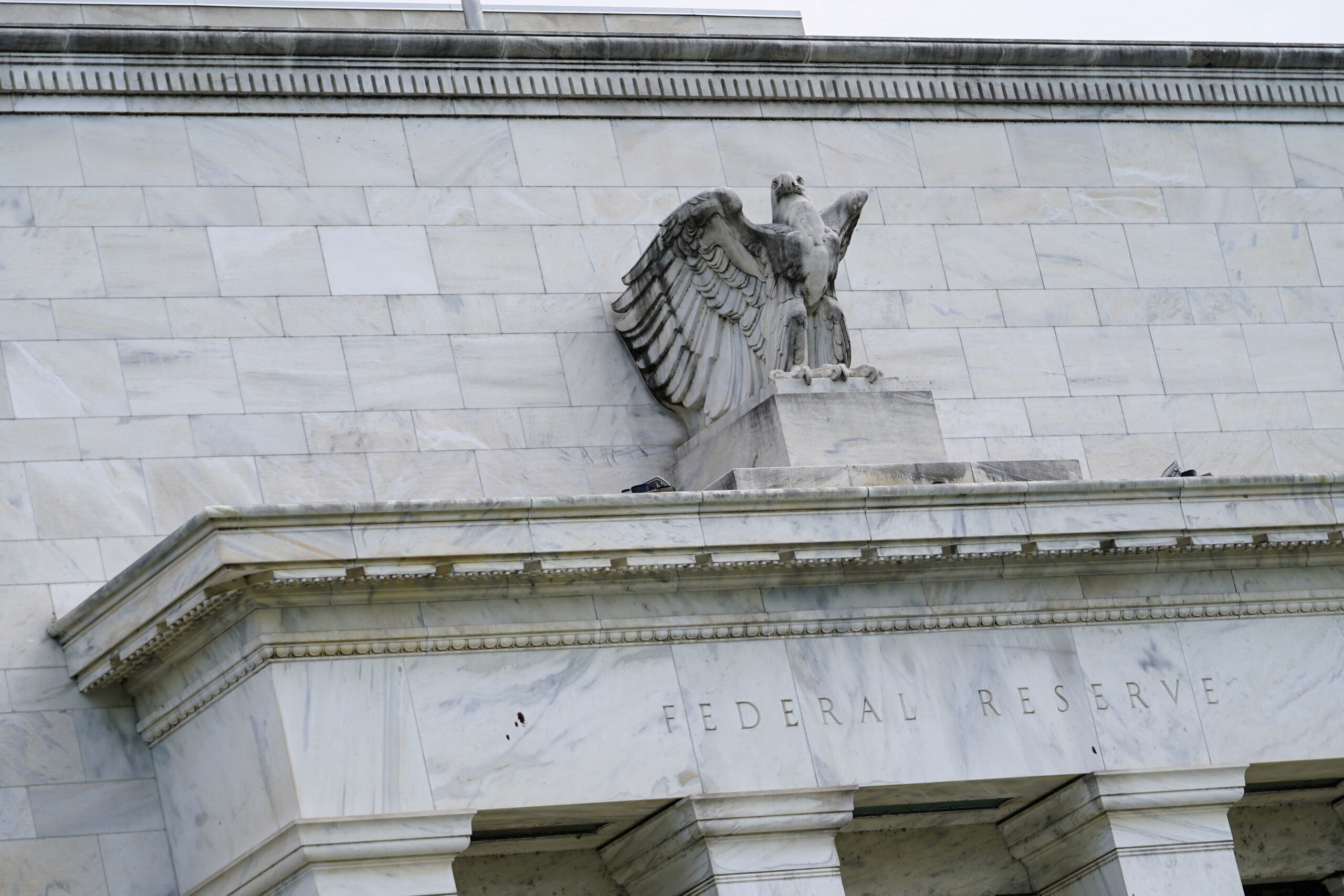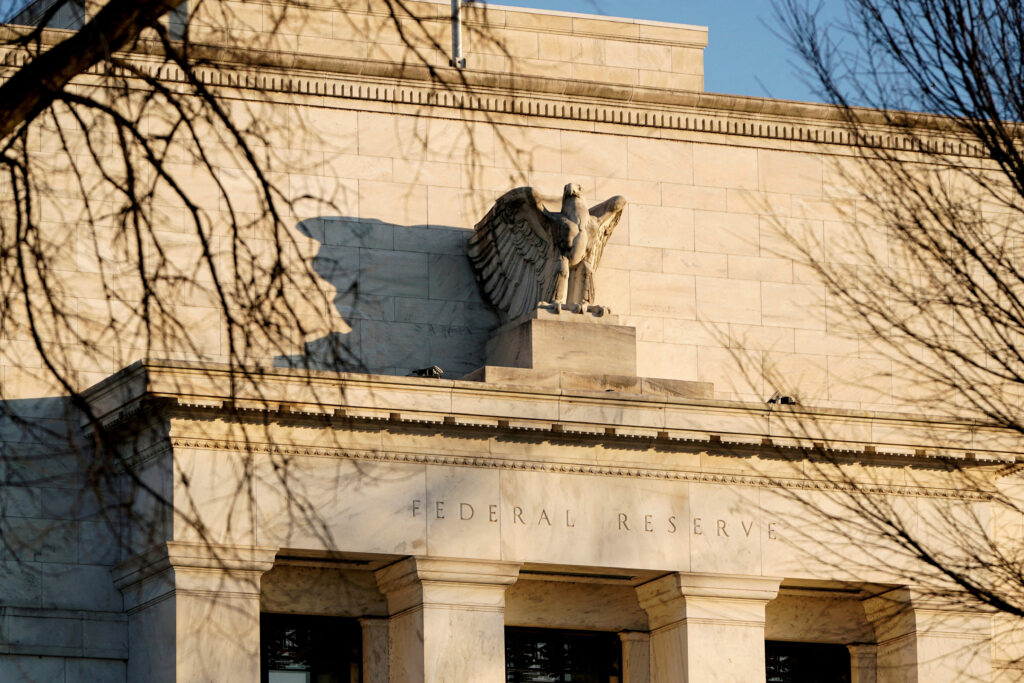On Friday, the Federal Reserve policymakers signaled they are ready to kick off a series of interest rate cuts at the U.S. central bank’s meeting in two weeks, noting a cooling in the labor market that could accelerate into something more dire in the absence of a policy shift.
Their remarks were widely seen as endorsing a quarter-percentage-point reduction in the Fed’s policy rate and leaving the door open to further and perhaps bigger moves should the job market continue to slow down.
Policymakers have kept the Fed’s benchmark borrowing rate in the current 5.25%-5.50% range since July 2023 after an aggressive rate-hiking campaign that began 18 months earlier in response to a surge in inflation.
Inflation by the Fed’s preferred measure is now well down from its mid-2022 peak of around 7%. The unemployment rate, at 3.5% when the Fed stopped raising rates, has now risen to 4.2%, and monthly job growth has slowed.
U.S. central bankers have turned the monetary policy page, completing their shift to a focus on supporting jobs from what had been a singular focus on bringing down inflation.
“It is now appropriate to dial down the degree of restrictiveness in the stance of policy by reducing the target range for the federal funds rate,” New York Fed President John Williams said at a Council on Foreign Relations event.
Speaking at the University of Notre Dame, Fed Governor Christopher Waller went further, saying he could support back-to-back cuts, or bigger cuts if the data suggests the need.
“I was a big advocate of front-loading rate hikes when inflation accelerated in 2022, and I will be an advocate of front-loading rate cuts if that is appropriate,” Waller said.
Austan Goolsbee, the Chicago Fed President, who has for months signaled he thinks rates need to come down, also said he wants to calibrate policy based on data as it comes in.
“I don’t think what happens at the next meeting alone is what’s the most important,” Goolsbee said in an interview with CNBC, adding that it would be critical for the Fed to understand the trend of the data over the next several policy meetings.
Analysts said the message was clear.
“Fed leadership sees a 25-basis-point cut as the base case for the September meeting but is open to 50 basis-point cuts at subsequent meetings if the labor market continues to deteriorate,” Goldman Sachs economists said in their summary of what will be the last public remarks on monetary policy by Fed officials before their September 17-18 meeting.
Two weeks ago, Fed Chair Jerome Powell touched off intense speculation about the size of a September rate cut when he said “the time has come” to ease policy.
Waller echoed Powell’s choice of phrase on Friday, and added that “it is likely that a series of reductions will be appropriate.”
‘SKY IS NOT FALLING’
Data published earlier on Friday showed monthly job gains have averaged 116,000 in the June-August period, below what many economists estimate is needed to meet the job-growth needs of an expanding population.
The latest employment report, along with other recent data, “reinforces the view that there has been continued moderation in the labor market,” Waller said.
The data indicates softening but not deterioration, and the economy does not look to be headed to recession, he said. Still, “the current batch of data no longer requires patience, it requires action.”
All three policymakers noted progress on bringing inflation down, with Waller saying it is now on the “right path” to get to the Fed’s 2% goal.
Underlying inflation, based on the change in the core personal consumption expenditures price index, is averaging 2.6% when measured on an annualized six-month basis and 1.7% on an annualized three-month basis.
Traders of futures that settle to the Fed’s policy rate are now pricing a 75% chance that the U.S. central bank will start by cutting its policy rate by 25 basis points.
They are pricing in a 4.25%-4.50% policy rate by the end of this year, a level that implies a bigger rate cut at one of the central bank’s last two meetings of the year.
“It is clear that the employment market is slowing down, and the Fed has to start to move,” said Eugenio Aleman, chief economist at Raymond James.
“But the sky is not falling, the floor is not shaking … and making a 50-basis-point cut will send an incorrect signal to the market” that the economy is falling apart, he said. “And they don’t want to do that.”
(Source: ReutersReuters)
Zabih Ullah is a seasoned finance writer with more than ten years of experience. He is highly skilled at analyzing market trends, decoding economic data, and providing insightful commentary on various financial topics. Driven by his curiosity, Zabih stays updated with the latest developments in the finance industry, ensuring that his readers receive timely and relevant news and analysis. Read Full Bio










